Japan Sends Troops To Combat Spike In Fatal Bear Attacks
Authored by Guy Birchall via The Epoch Times (emphasis ours),
Japan deployed troops to the north of the country on Nov. 5 to help control bears in the area, after local authorities said they were struggling to cope with an unprecedented wave of attacks.
 A black bear stands near the side of Highway 881 near Conklin, Alberta, on May 10, 2016. The Canadian Press/Jonathan Hayward
A black bear stands near the side of Highway 881 near Conklin, Alberta, on May 10, 2016. The Canadian Press/Jonathan Hayward
Soldiers from the Japanese Ground Self-Defense Force (GSDF) have been sent to the area to work alongside local hunters to help bring the animals under control, according to news outlet The Asahi Shimbun.
The troops, however, will not be allowed to use firearms in the operation but will be restricted to bear-repellent spray for deterrence and protection, and will assist in setting box traps, conducting patrols, transporting hunters, moving captured or culled bears, and collecting information.
The operation began in Kazuno, a city in Akita Prefecture in the far north of the main island of Honshu.
Kazuno has seen a sharp uptick in bear sightings in recent weeks, with residents urged to avoid the thick woods surrounding the settlement and stay indoors after dark to keep clear of the bears foraging near homes.
Japanese Prime Minister Sanae Takaichi also told the Japanese parliament that the government will decide on emergency measures to address bear-related issues by the middle of the month.
“We will implement necessary measures in a timely manner without waiting for the final decision to be made,” she said, according to Japanese news agency Jiji.
Since April, Japan has seen more than 100 bear attacks with a record 13 people killed across the country in the same time period, according to the Ministry of the Environment.
Two-thirds of those deaths were in Akita Prefecture and the neighboring Iwate Prefecture.
In Akita, authorities say bear sightings have jumped sixfold this year to more than 8,000, and attacks are on track to set a new record, prompting its governor to request help from the Self-Defense Forces last week.
After Kazuno, a town of around 30,000 people known for its hot springs and scenery, the GDSF soldiers will move on to Odate and Kitaakita under an agreement that lasts until the end of the month, according to news outlet NHK.
Rising bear numbers, shifts in natural food sources, and depopulation of rural areas are increasingly bringing people into contact with bears. Meanwhile, the hunters, many of whom are aging, on whom authorities used to rely to deal with the problem, have found themselves overwhelmed this year.
In recent weeks, bears have attacked customers inside a supermarket, a tourist walking to a bus stop near a UNESCO World Heritage site, and a worker at a hot spring resort.
Bear attacks usually peak in October and November, as the animals search for food before entering hibernation.
Japanese black bears, common across most of the country, can weigh up to 265 pounds, while the brown bears on the northern island of Hokkaido can weigh more than 1,300 pounds, according to Bear Conservation.
In September, the government relaxed gun rules to make it easier for hunters to shoot bears in urban areas.
The law change now allows municipal authorities to ask licensed hunters to cull or capture bears, provided they ensure the safety of affected communities by restricting traffic and evacuating residents in cooperation with police.
Previously, the law banned hunters from shooting the animals in densely populated areas, except when they were ordered to do so by police due to a threat to life, the Japan Times reports.
Reuters contributed to this report.
Tyler Durden Wed, 11/05/2025 - 20:55



 Sydney Sweeney stars as Christy Martin in ‘Christy.’ (Josh Lawson/Black Bear)
Sydney Sweeney stars as Christy Martin in ‘Christy.’ (Josh Lawson/Black Bear)





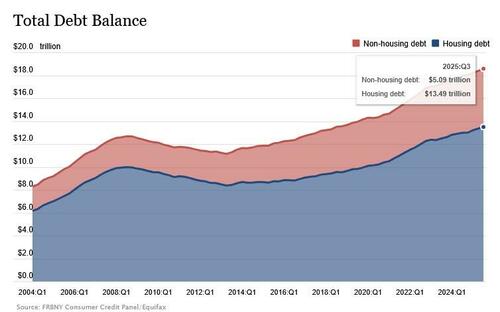
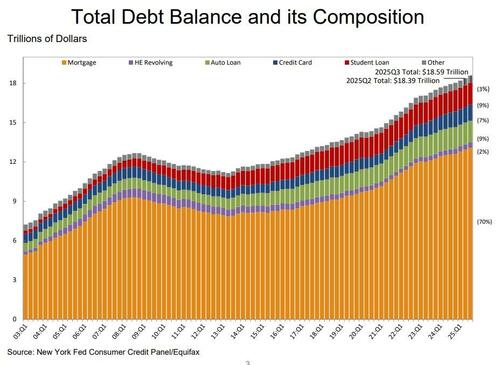
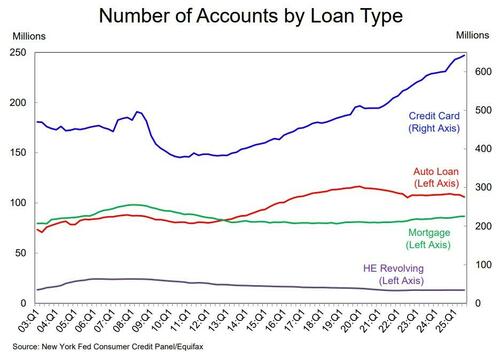

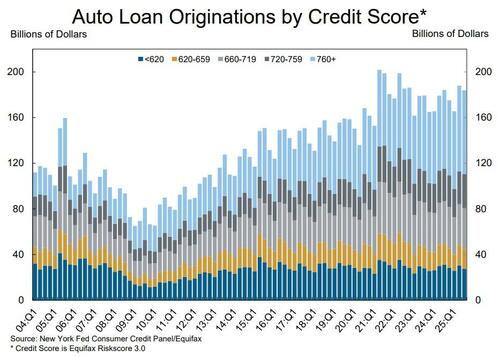
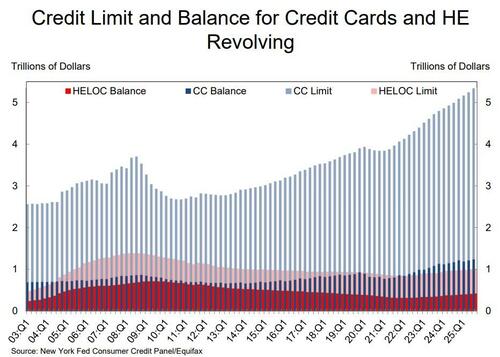
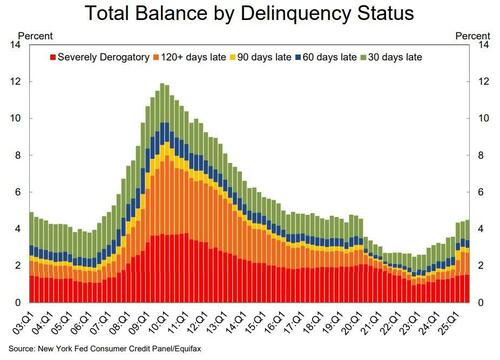
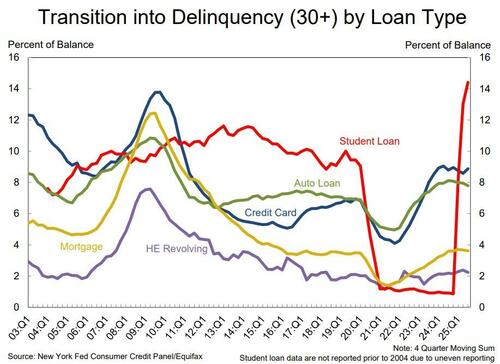
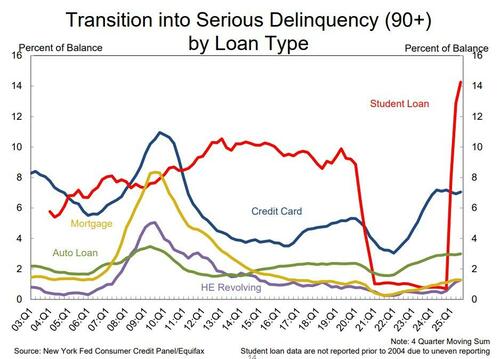
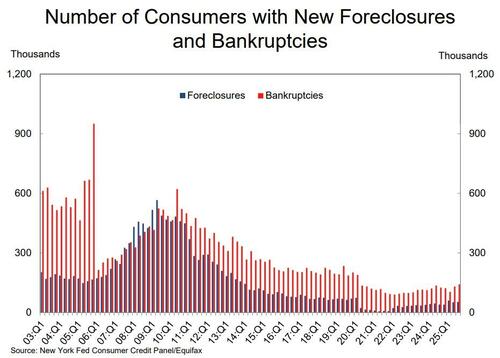
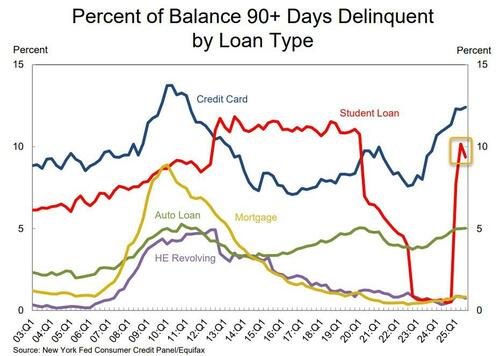
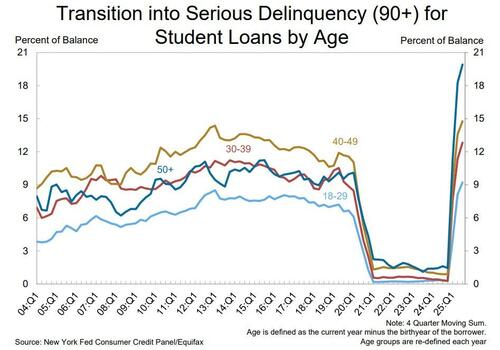


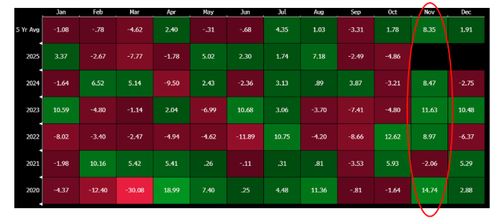
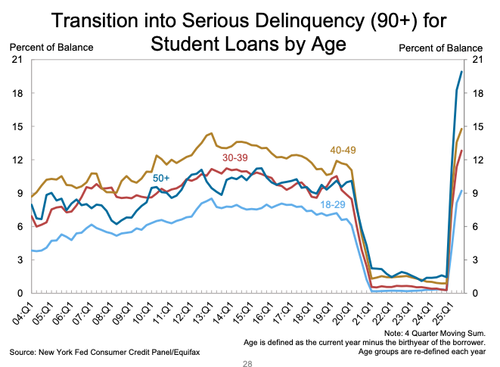


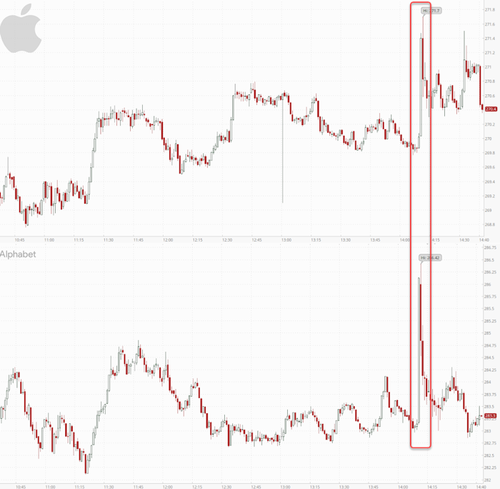




Recent comments